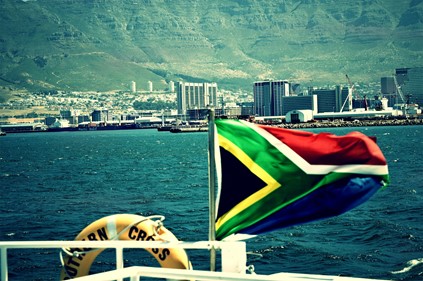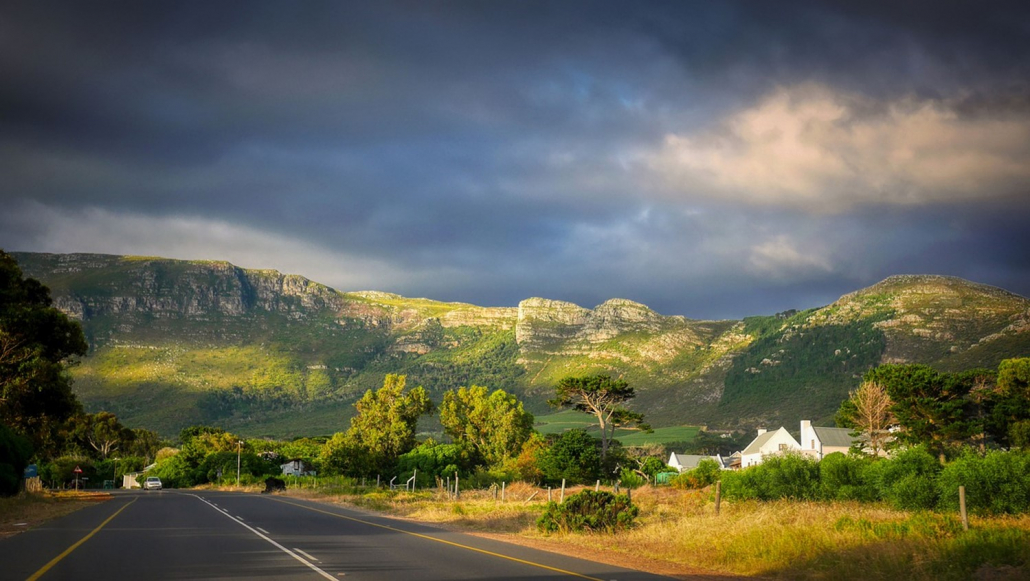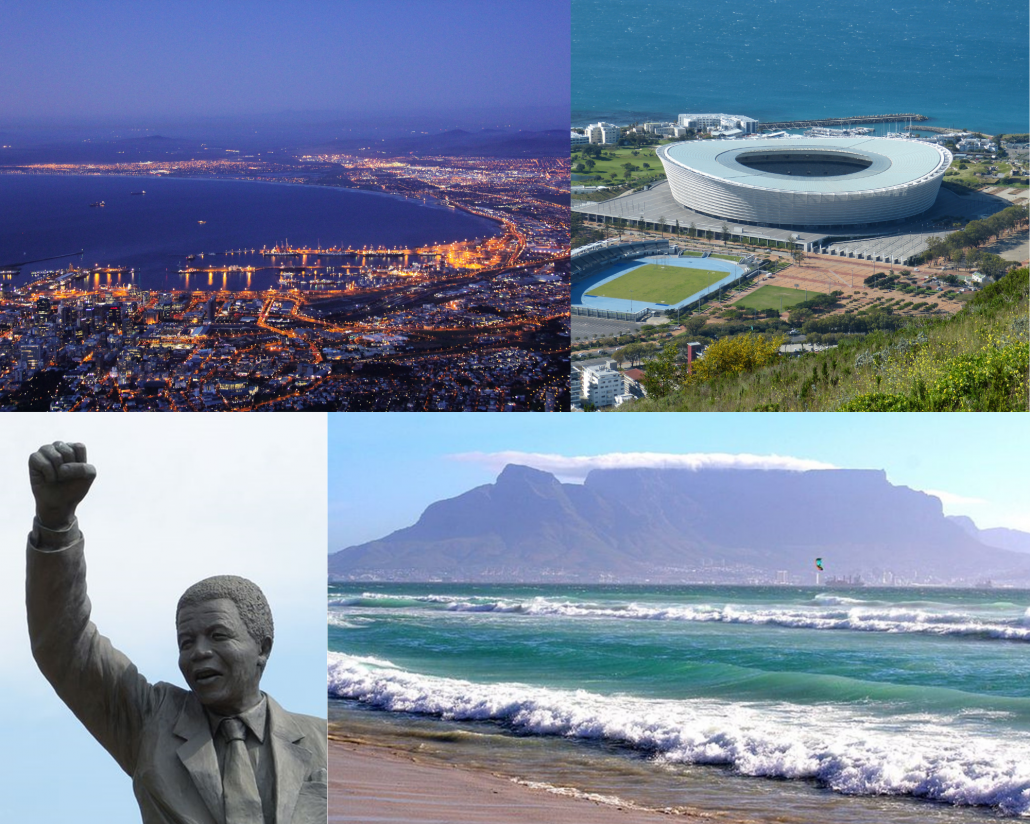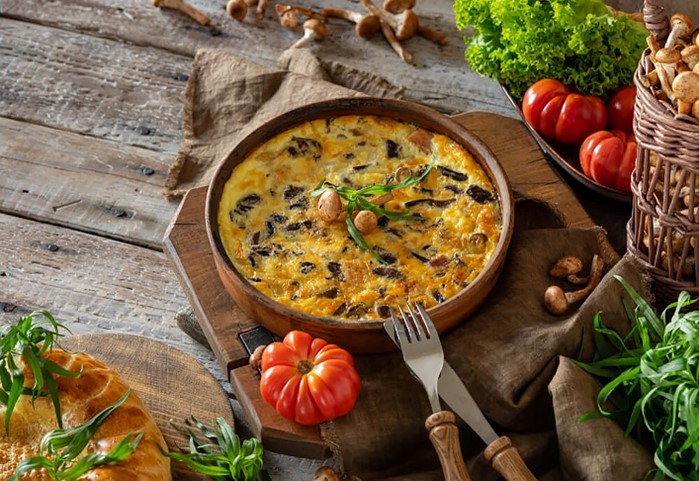Not only the largest city in South Africa, Cape Town is also the country’s oldest city, giving it the nickname “Mother City.” Located off of the southwest coast, Cape Town is a port city that features the bright green slopes of Table Mountain and deep blue water of Table Bay. The city’s unique landscape that combines mountains, coastline, and a bustling metropolis also has a storied history, with strong connections to South Africa’s history of colonization and subsequent fight for equality in the 20th century.
History
Cape Town’s roots date back to the mid-17th century when Dutch Navigator Jan van Riebeeck and employees of the Dutch East India Company built a supply station on the port for ships to stop and trade with colonial settlers. The town, known as De Kaap (“The Cape”) consisted of just 200 houses in the early 18th century. By 1795, the British had arrived and fully ceded the colony in 1806, officially naming it Cape Colony. Increased trade along with the discovery of diamonds in 1867 and gold in 1886 brought an influx of people to Cape Colony, turning the port town into a major metropolitan city.
Apartheid
The British left Cape Colony in 1934, leaving the remaining descendants of Dutch colonists in charge. In order to maintain control over South Africa’s valuable resources, the all-white government utilized Apartheid–racial segregation policies restricting blacks and “coloureds” (a term for individuals of mixed race) from residing in certain areas of the city. Between 1949-1971, the government passed 148 Apartheid laws, preventing non-whites from participating in many aspects of city life. Civil unrest and international condemnation of Apartheid led to major political changes beginning in 1989. Eventually, the government lifted the ban on black political parties and released its political prisoners, including anti-apartheid lawyer and activist Nelson Mandela. After 27 years of incarceration, Mandela was released on February 11, 1990 and soon became the local and international symbol of opposition to Apartheid. For his relentless dedication towards creating a desegregated, democratic, and equal South Africa, Mandela was awarded the Nobel Peace Prize in 1993. Less than one year later, he became South Africa’s first ever democratically elected president.
Sociocultural Landscapes
Colonial influence has made Cape Town one of the most racially, culturally, religiously, and linguistically diverse cities in all of Africa, drawing its population from Africa, Asia and Europe. Aside from English, over half of the population speaks Afrikaans–a creolised language influenced by Dutch and local African languages. The majority of residents are Protestant Christians, but there are also measurable Catholic and Muslim communities. The town’s “District Six” used to be known for its inclusivity of residents with all different races, ethnicities, religions, and occupations–fostering a very tight-knit community. In 1966, the government declared District-Six a “whites only” area, forcing over 60,000 residents to live in townships on the outskirts of Cape Town.
Its Mediterranean climate and natural irrigation by rivers at the foot of Table Mountain create exceptionally fertile soil, making Table Bay one of the largest fruit-exporting harbors in the world. Cape Town is abundant in both wildlife and marine life; its sea ports provide over 90 percent of all the fish eaten in South Africa. One of the world’s best surfing destinations, Cape Town hosts the Red Bull Big Wave Africa international surfing competition every year. Surfer’s from across the globe head to Cape Town in hopes of catching Dungeons–some of the world’s largest waves with swells rising up 14 meters. Due to its historical attractions, natural beauty, and diverse population, Cape Town was named the world’s best place to visit by The New York Times in 2014.
The cosmopolitan city encompasses a plethora of high-rise buildings and shopping malls, including Cape Town’s Canal Walk shopping center, featuring over 400 stores, endless dining options, and a 4D movie theater. Many tourists spend time on Cape Town’s beautiful beaches and enjoy local cuisine at waterfront restaurants. One of the city’s main historical sites is Robben Island, formerly the location of the Maximum-Security Prison where Mandela and many other political prisoners were incarcerated. The island is now a World Heritage Site, serving as a reminder of South Africans’ fight for freedom.
Cuisine
South African cuisine is a direct reflection of the country’s complex roots, showing connections to its history of colonization as well as the fight for equality and democratization in the last century. Often considered a cultural melting pot, Cape Town is referred to as the “Foodie Capital of South Africa”, largely due to its Mediterranean climate that provides an ideal agricultural landscape for local produce and viticulture.
Visitors can see the influence of British colonization in the city, with fish and chips and South African curry dishes remaining favorites for both international and local folks. One of the most popular curry dishes in the Cape Malay community of the city is called bobotie, a dish made with curried meat, raisins, and topped with a creamy egg mixture. Various grilled meats are another staple at local food trucks and restaurants serving dishes such as boerewors (beef and pork sausage) and biltong (dried cured meat) to travelers looking for a quick snack. Cape Town is also home to the acclaimed snoek fish, which is a common ingredient in local seafood dishes – whether smoked, barbecued, or even fried, you’re sure to see it on almost every menu! Snoek is also only found along the shores of Cape Town, making it a unique addition to any foodie’s “must-try” list. When planning your visit, be sure to find a traditional braai (BBQ) during your trip to experience not only the flavors of the cuisine, but also to join friends and family in a celebration. And for dessert, the iconic malva pudding – a sweet pudding made with apricot jam and served with a rich custard sauce – is sure to round out your food tour with a bang!
If you would like to learn more about this incredible city, its history and cuisine, check out these sites:
https://www.britannica.com/place/Cape-Town/History
https://www.worldatlas.com/articles/top-10-interesting-facts-related-to-cape-town.html






